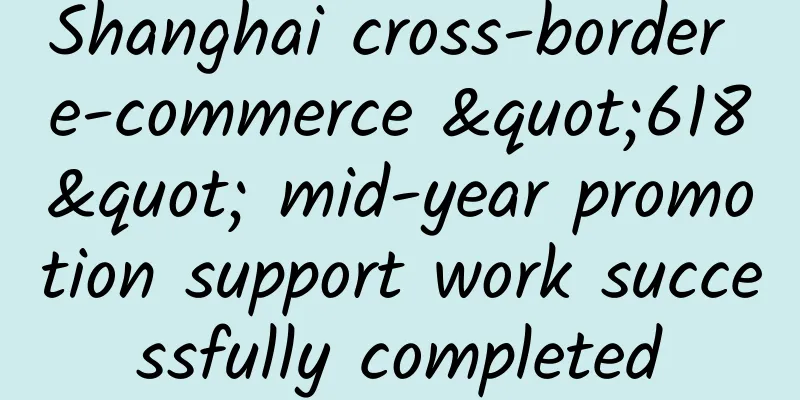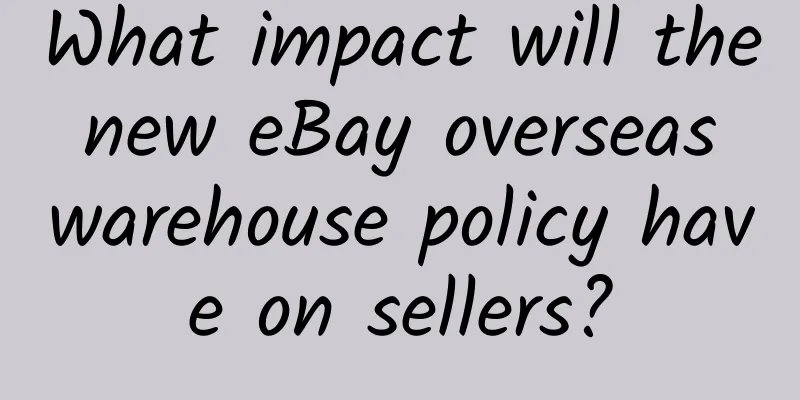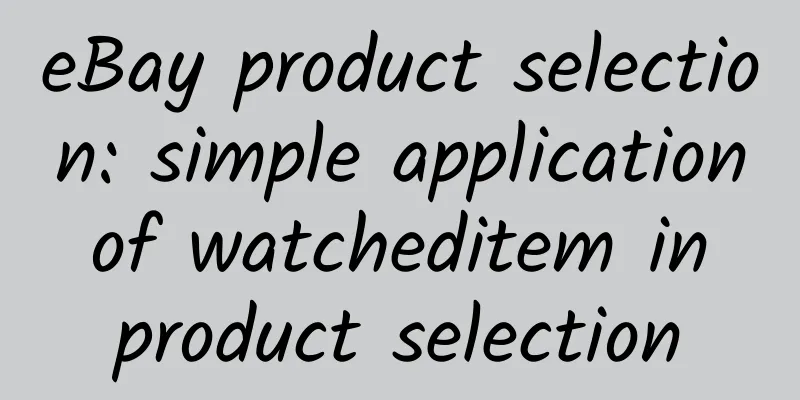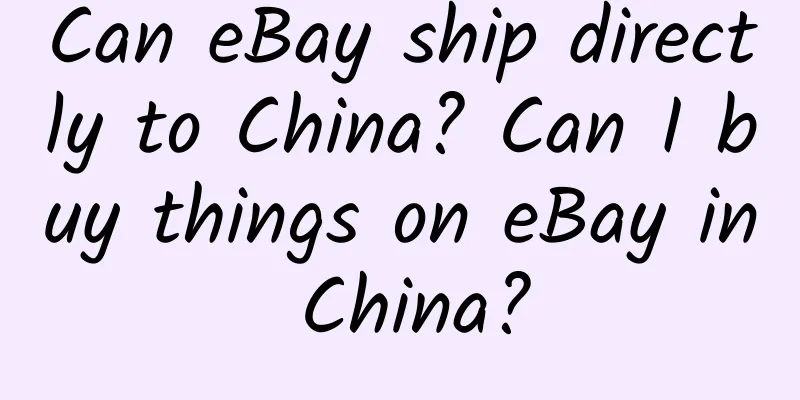What is the difference between PayPal and Paysion?
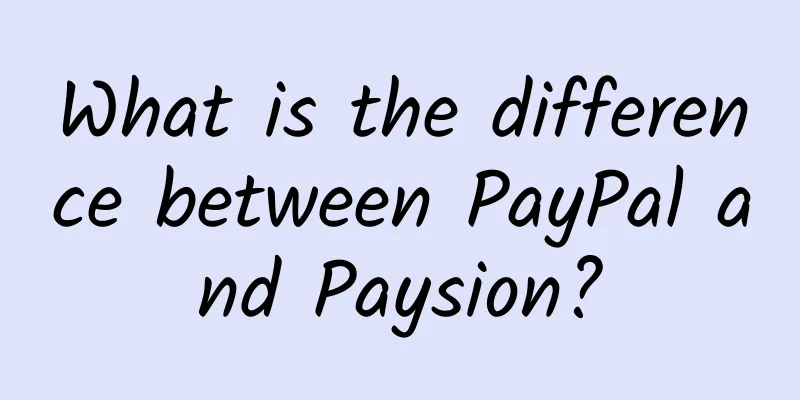
|
PayPal: As a long-established payment company in the United States, it is familiar to all friends who are involved in foreign trade. It is mainly an electronic wallet based on VISA and Mastercard credit cards. It is well-known and has a wide coverage. However, because it is based on credit cards, it has the risk of chargeback. Once a refusal to pay occurs, it is difficult to protect rights. It is more inclined to protect the interests of buyers; merchant accounts are easily frozen, and the interests of merchants are damaged. Payssion (global local payment): dedicated to providing users with a one-stop global online payment solution. The main aspects are: integrating more than 300 local mainstream payment methods in various countries around the world (similar to "Alipay", "WeChat" and "UnionPay" in China) to cover the global market. Local payment generally does not support chargebacks, reducing losses for foreign trade merchants, and using methods familiar to buyers can also improve payment experience and transaction volume. Let’s analyze the differences between the two: 1. Different payment methods PayPal is mainly based on VISA and Mastercard credit cards, and buyers are required to top up their PayPal wallets for payment, or directly bind their credit cards for payment; Payssion mainly provides cross-border payment solutions for merchants. Through Payssion, merchants can access more than 300 local payment methods around the world in one stop, mainly supporting payment methods such as foreign local e-wallets, online banking transfers, prepaid cards, operator billing, recharge cards and cash; 2. Different access processes According to the development documentation of PayPal, you can go online directly after access, but once there are many Chageback issues or account problems, the account will be easily closed; Payssion needs to submit relevant information first, then register an account and submit a website/APP application. Only after passing the review can you obtain the corresponding Key; 3. Do buyers need to register an account? PayPal, both buyers and sellers need to register an account; Payssion, buyers do not need to register a Payssion account, they only need to have a local payment account. Merchants need a Payssion account, which is mainly used for collecting payments, managing transaction orders, checking accounts, refunding, and withdrawing cash; 4. Is there a risk of Chageback? PayPal: Yes. PayPal is based on credit cards. Foreign credit cards basically support Chageback. Payssion does not support Chageback, but for some payment channels, buyers will also ask the bank for a refund on the grounds of "not paying by myself" or "stolen card", so for orders with large payments, it is recommended to verify the buyer's identity and keep the delivery receipt. 5. Difference in product coverage PayPal is mainly popular in European and American countries. Payssion's local payment is very popular in areas where credit cards are not well developed, such as Russia, Brazil, the Netherlands, Southeast Asia, the Middle East, China and other countries; The above is the relevant information about PayPal and Payssion in this issue. If you want to get more knowledge about PayPal and Payssion, please continue to pay attention! |
>>: How to bind a bank card to PayPal? Which bank cards does PayPal support?
Recommend
A brief understanding of the role of ISO17025 laboratory accreditation
ISO17025 is an international standard for laborat...
GOTS Global Organic Textile Standard Certification Basic Requirements
Shanghai Chaowang has decades of experience in th...
Puma factory inspection requirements for apprentices, minors and child labor
In addition to health and safety aspects, the soci...
Customer factory audit on forced labor issues
Forced labor includes prison labor, indentured lab...
What is Paton? What are Paton's businesses and advantages?
Paton is a wholly-owned subsidiary of Cross-borde...
What common problems do we need to pay attention to on the eBay UK site?
The sales volume of eBay UK is very good, and man...
How can eBay sellers use negative feedback to their advantage?
Remember, the purpose of eBay feedback is to help...
What is Dresslily? What are the characteristics of Dresslily?
What is Dresslily? Dresslily is a clothing shoppi...
Plume Design—Smart Home Services Company
What is PlumeDesign? Plume Design is a smart home...
The State Council is promoting the trillion-yuan market pie of consumer finance and cross-border e-commerce to be divided
The State Council executive meeting held on June ...
Kohl's factory inspection details
KOHL'S Business Partner Contract Terms KOHL&#...
How to upload pictures on eBay?
You must upload at least one picture when listing...
Jcpenny JCPenny factory inspection and audit matters needing attention
What are the things to note when Jcpenny is under...
What are the types of eBay seller stores? How is eBay's commission collected by category?
eBay seller stores are divided into three types: ...
What are the features of AMZScout? How much does AMZScout cost?
What are the features of AMZScout? How much does ...


